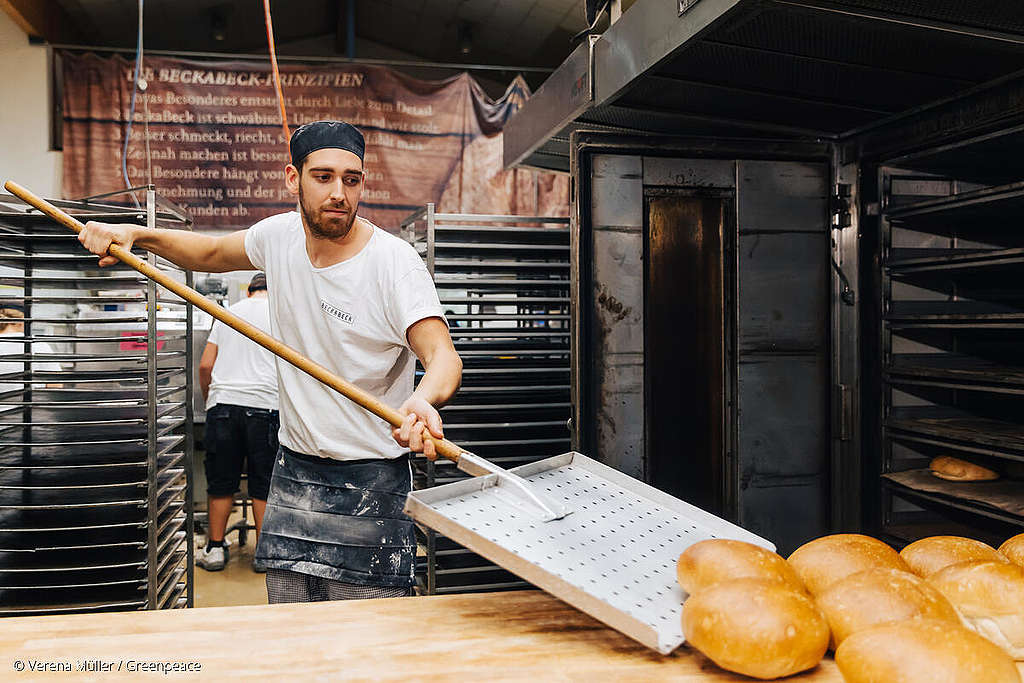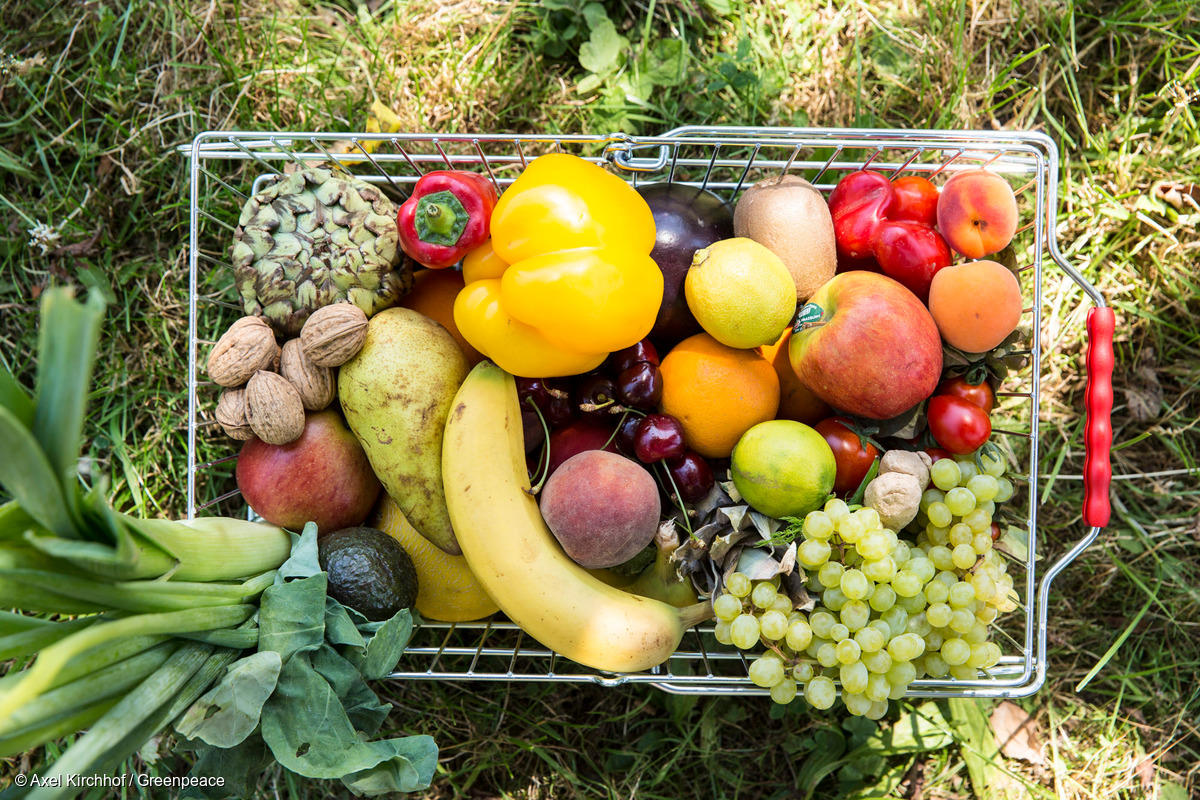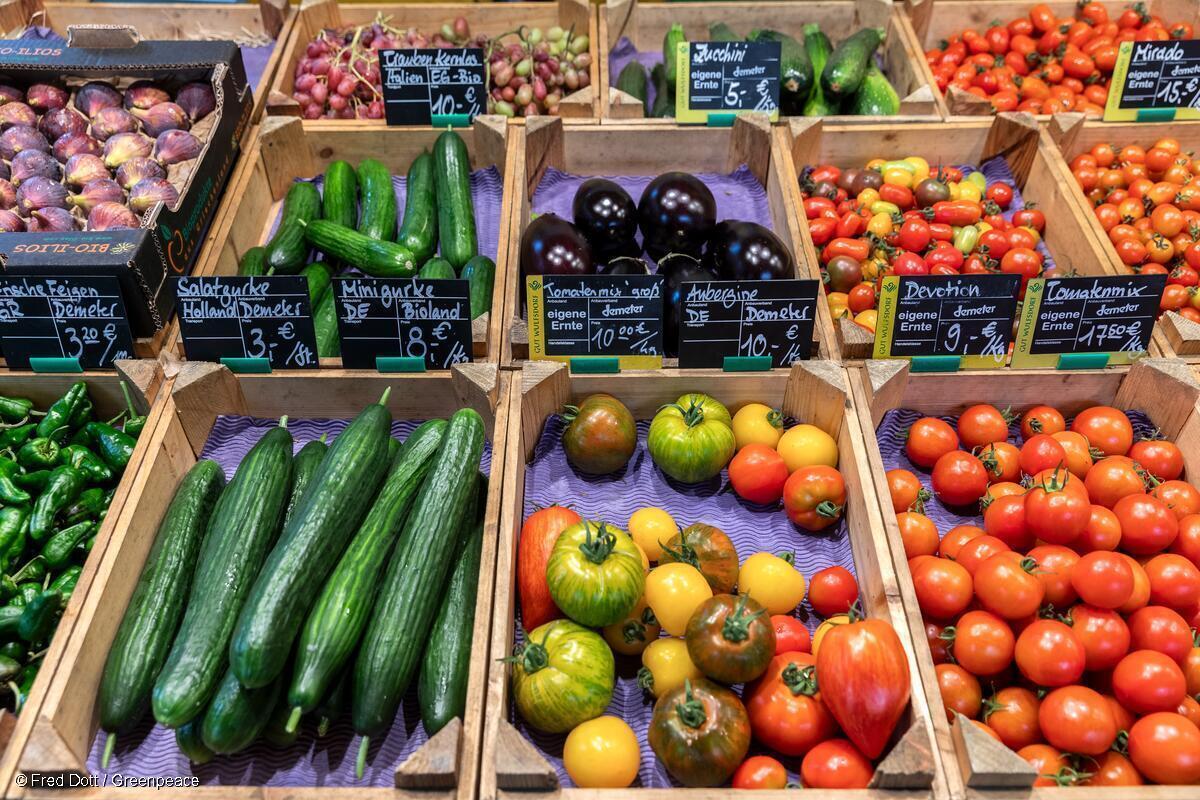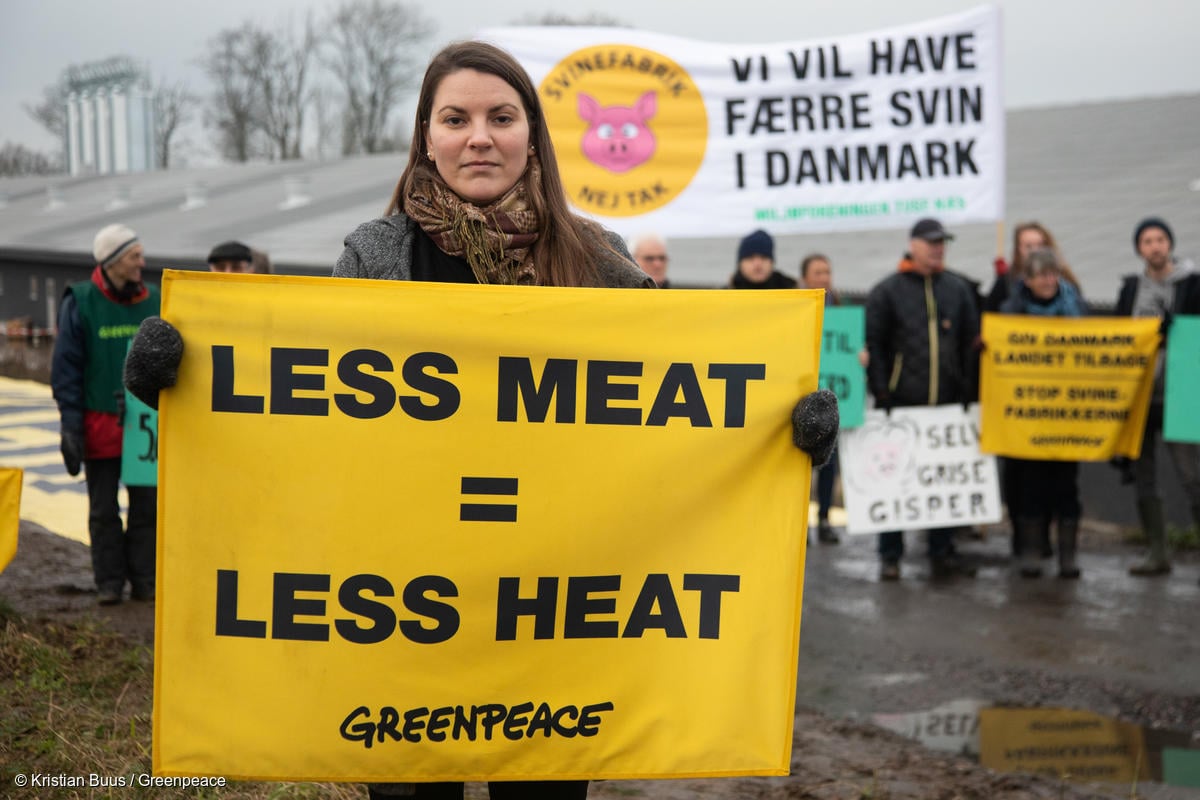What Europe’s policy-makers must do to truly achieve food security

The urgent need to rethink our food and farming systems is not new. The impacts of the combined climate and biodiversity crises – increasingly driven by the current food system – are becoming more evident by the day. Things are made worse by other international crises such as when the Covid-19 pandemic or the 2008 spike on food prices hit. The Kremlin’s brutal invasion of Ukraine has highlighted once again that we must fundamentally reconsider how we produce, process, trade and consume agricultural products.
The industrial farm lobby, and its influential allies in national and EU institutions, are using the war in Ukraine and the international disruption it has caused to feed unfounded fears about worsening food insecurity in Europe. Their objective is to delay, and ultimately weaken, the health, climate and environmental goals enshrined in the European Green Deal and the Farm to Fork and Biodiversity strategies.
The EU does not face food shortages, as the European Commission confirmed in March. However, producing sufficient food is not enough to ensure food security. The real challenge relates to how the food produced is used (for feed or fuel), food distribution and inequity in access because of poverty.
Several lower-income countries outside the EU, mainly in North Africa and the Middle-East, depend on Ukraine’s wheat production and have been severely impacted by the market disruption caused by the war. In Europe, the sector mostly affected by the reduced import of cereals and oilseeds is the industrial livestock sector, since agricultural imports from Ukraine are mostly used to feed animals and produce biofuels, not as food for humans, as the farm lobby pretends.
The EU must focus immediately on those in need by mitigating food prices in the world market, providing financial aid to the World Food Programme and ensuring access to sufficient nutritious food. But the EU must also provide long-lasting answers to food insecurity. We need to reorientate our farming system to grow food mostly for people instead of producing feed for industrial livestock. Today, over 70% of European farmland, and over 60% of its cropland, is dedicated to feeding animals, many of which are kept in industrial-scale factory farms. Of the 260 million tonnes of cereals used in Europe, 62% is dedicated to feed animals, while only 23% is destined to feed people.
The EU also uses its farmland to produce crops to burn for energy. 12% of cereals like wheat or maize is used for industrial processes, and over a third of this is turned into bioethanol and biodiesel.
The good news is that much of the land currently devoted to animal feed and fuel production could be used to grow food for people. Most of the wheat we grow is ‘bakeable’, which means it’s perfectly suited for people to eat. Greenpeace calculated that a 4% reduction in the use of cereals for animal feed (mainly pigs and poultry) in the EU, would save 6 million tonnes of wheat – enough to make up for the expected global deficit in Ukraine as a result of Russia’s invasion.
Boosting food production in a system dangerously dependent on feed imports and increasingly costly chemical inputs, to maintain the current over-production and over-consumption of animal products, is a recipe for disaster. Agricultural productivity in Europe is increasingly challenged by the very impacts that this industrial farming model has helped to create: droughts, floods, soil degradation and the loss of essential pollinators.
Farmers, particularly small and medium family farms making efforts to decrease their planetary footprint, are the first victims of an unsustainable food system, as they face higher and more volatile costs, the consequences of climate breakdown and biodiversity collapse, and unfair competition with larger industrial farms who are responsible for the lion’s share of pollution.
In light of the above, Greenpeace is calling on the EU to:
- Invest in food, not feed
– Divert part of the grain and farmland currently destined for animal feed to food production;
– Set up an immediate moratorium on any new factory farm or enlargement of existing ones;
– Set European targets for a 70% reduction of livestock production by 2030, and 80% by 2050, compared to current levels.
- Promote plant-rich diets
– Make fruit, vegetables and pulses cheaper by reducing the VAT on these products
– Launch promotional campaigns for citizens to reduce their meat consumption and increase that of fruit, vegetables and pulses
– Adopt reduction targets for meat and dairy products of at least 70% by 2030, compared to current levels, in line with healthy dietary requirements
- Stop burning food for fuel
– Ban the use of food and feed crops for any forms of bioenergy and put all subsidies and incentives for it (e.g. blending obligations) on hold
– Stop counting crop-based biofuels and biogas, including from oilseed rape, sunflower and maize, towards the EU’s renewable energy targets
For more details on these policy proposals, see our Feeding Fears briefing
Contact: Greenpeace EU agriculture policy director Marco Contiero, [email protected]



